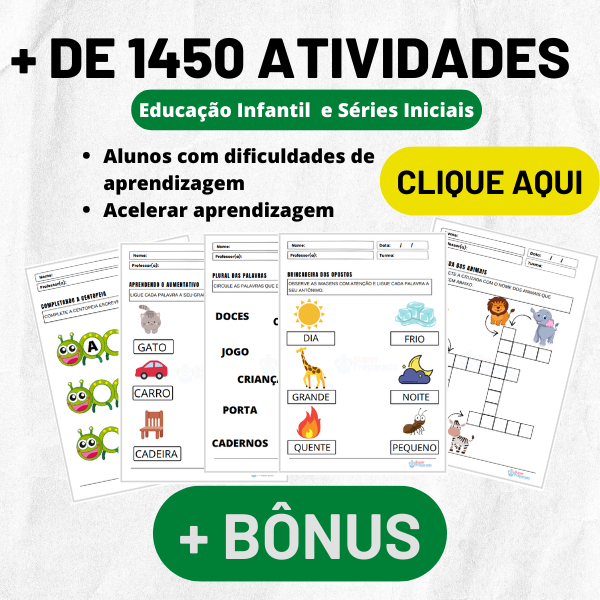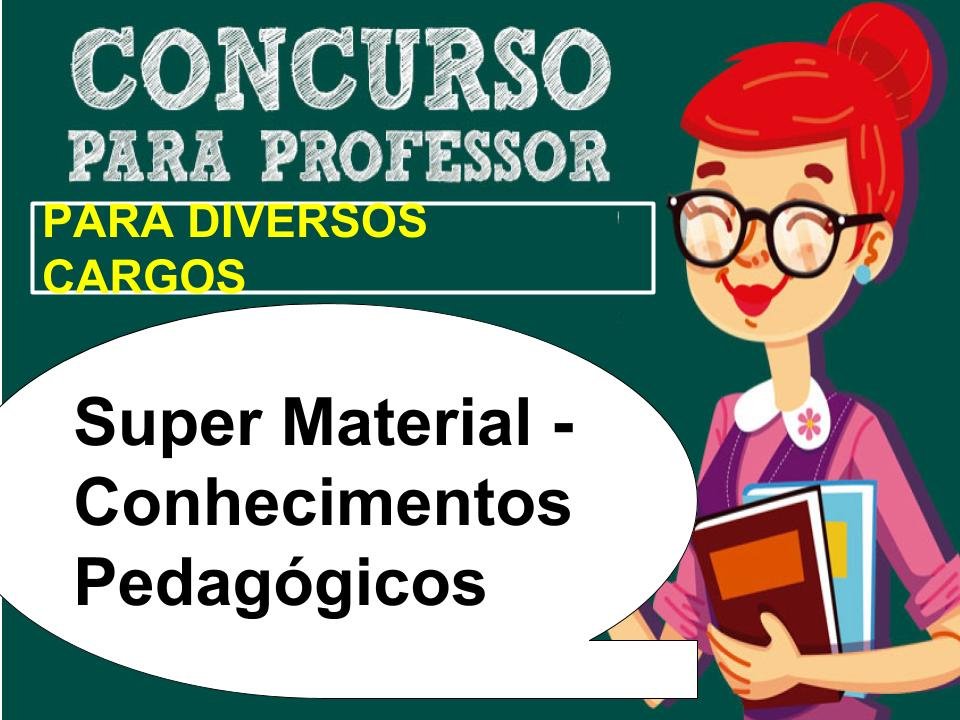Para Baixar em PDF:
Simulado 5 Concurso Professor De Inglês
1.Read the following text then, answer question 1.
Text 1
Seeing Eye to Eye with English
Ok, let’s face facts: English is not an easy language.
As well as its irregularities and enormous lists of rules, it has
thousands of tricky idioms – too many to learn by heart. And
what do they all mean? Sometimes you can only guess and
keep your fingers crossed. Take these bodily examples:
Little children are often called “cheeky”. Why?
Because they are rude to adults. But surely they don’t use their
cheeks to be rude. And what about nosy old women? Have
they got lots of noses? No, they are interested in everyone
else’s business and of course they will get on your nerves after
a while.
If you are busy at work, you probably have your
hands full, though actually it’s your desk that will be full. And
if you let things get out of hand, you may need someone to
give you a hand so that you don’t get the elbow. But on the
other hand, if you see eye to eye with your boss, you’ll
probably keep your job anyway.
Even out of the workplace you can’t escape idioms.
Imagine you go to a restaurant. First you have to catch the
waiter’s eye to get a menu. Then you have to make up your
mind about what to eat.
All these idioms – it’s enough to break your heart!
In the sentence “If you see eye to eye with your boss, you’ll
probably keep your job anyway” which grammar structure
was used:
A) Reported Speech
B) First conditional
C) Future perfect
D) Third conditional
E) Present Perfect
2.Morphology is the study of morphemes, their different forms
and the way they combine in word formations. Which of the
alternatives below is NOT correct?
A) Comfort
B) Uncomfortable
C) Uncomfortably
D) Comfortably
E) Discomfortable
3.Choose the RIGHT alternative for the meaning of the word
‘ACTUALLY’:
A) Nowadays
B) At the present time
C) Eventually
D) Every day
E) Really / in fact
4.Which of these sentences DO NOT express a future idea?
A) Don’t worry! I’ll help you with your homework later.
B) I’ll see you at the party tonight.
C) The train leaves in ten minutes.
D) Do you think Liverpool will win on Saturday?
E) I usually drink orange juice for breakfast.
5.In the following words: Cough – Laugh – Enough – Rough –
Tough the correct sound for the letters “GH” is:
A) The sound of ‘R’
B) The sound of ‘G’
C) The sound of ‘D’
D) The sound of ‘F’
E) The sound of ‘T’
6.Practice the pronunciation of the following words. Where does
the sound /ai/
(as in side) appear? Choose the correct alternative.
A) Symptoms
B) Disease
C) Constipation
D) Diet
E) Intake
7.Read Text 2 to answer questions 7, 8, 9 and 10.
Text 2
Do you really need another cup of coffee?
Three or four cups of coffee a day may not sound excessive,
yet some of the minor but debilitating symptoms many of us
experience (like headaches, indigestion, palpitations) may be
related to a quite modest caffeine intake.
A cup of “real” coffee, percolated or filter, contains 100mg-
150mg of caffeine, instant coffee, 80mg-100mg. Caffeine
stimulates the nervous system, heart and kidnews and heavy
coffee consumption (12 to 15 cups a day) is likely to produce
signs of caffeine poisoning – headaches, irritability, buzzing
in the ears, palpitations, indigestion, upset stomach and a
general feeling of anxiety.
But even three of four cups, containing less than the daily
recommended limit of 600mg, can also trigger one or more
of these symptons in susceptible people.
Dr Heather Asthon, Reader in Psychopharmacology at
Newcastle-upon-Tyne Medical School, believes the effects
that caffeine hás also depend to some extent on personality
and psycological factors. “When treating people on
tranquillisers, I have found that they are often sensitive to
caffeine- it tends to make their symptoms worse. It seems
likely that even a moderate caffeine intake can increase
symptoms in people who are already anxious.
Even a moderate intake can increase symptoms in people
who are anxious
The long-term health hazards of caffeine – such as cancer of
the urinary-tract, and breast and heart disease – have been
the subject of much debate, but a large study carried out
recently found no significant association between coffee
consumption and any major cause of death.
It migh be worthwhile, however, trying to find out if caffeine
is responsible for some minor ills by gradually reducing
intake.
Switching to tea is not much help as a cup of tea can contain
up to 100mg of caffeine. Cocoa and cola drinks also contain
caffeine. Decaffeinated coffee is not the answer either,
because it tends to have greater gastrointestinal effects,
sometimes causing indigestion or diarrhoea.
And, like ordinary instant coffee, it also contains other
substances (currently being researched) which may have
undesirable effects on the nervous systems.
Herbal teas, which contain low level of caffeine, fruit fuices
and plenty of waker are the best substitutes.
Also watch out for caffeine in painkillers and in cold
remedies; you could end up ingesting several hundred
miligrams of caffeine a day without even realising.
Paracetamol or codeine are better, and cheaper, alternatives.
Which of these sentences is TRUE?
A) Coffee contains caffeine which stimulates the heart and
nervous system and can cause headaches, diarrhoea and
feelings of anxiety.
B) In the long term this can also lead to cancer and heart
disease.
C) Tea is a much better substitute for caffeine.
D) The best substitute is decaffeinated coffee.
E) Painkillers do not contain caffeine.
8.In the text what is the meaning of the verb ‘trigger’?
A) To stop
B) To make something happen very quickly
C) To prevent
D) To cure
E) To hunt a tiger
9.In the sentence: ‘When treating people on tranquillizers, I have
found that they are often sensitive to caffeine – it tends to
make their symptoms worse.’ – The pronoun ‘it’ refers to:
A) Caffeine
B) People
C) Symptoms
D) Tranquillizers
E) The doctor
10.Read the sentence below and decide which is the correct
alternative.
‘Herbal teas, which contain low levels of caffeine, fruit juices
and plenty of water are the best substitutes.
The underlined part:
A) Can be removed AND the sentence would still have a
complete idea;
B) Can be removed BUT the sentence would not have a
complete idea.
C) Can go to the beginning of the sentence;
D) Can go to the end of the sentence;
E) Refers to fruit juices and water.
gabarito
1-b
2-e
3-e
4-e
5-d
6-d
7-a
8-b
9-a
10-a
MAIS DE 300 ATIVIDADES DE MATEMÁTICA – PARA BAIXAR
MAIS DE 1450 ATIVIDADES PARA BAIXAR
MAIS DE 5 MIL QUESTÕES DE CONHECIMENTOS PEDAGÓGICOS
APRENDA INGLÊS HOJE! INSCRIÇÕES!
Cursos Online Gratuitos (COM CERTIFICADO)
Materiais PARA CONCURSOS E SELEÇÕES






